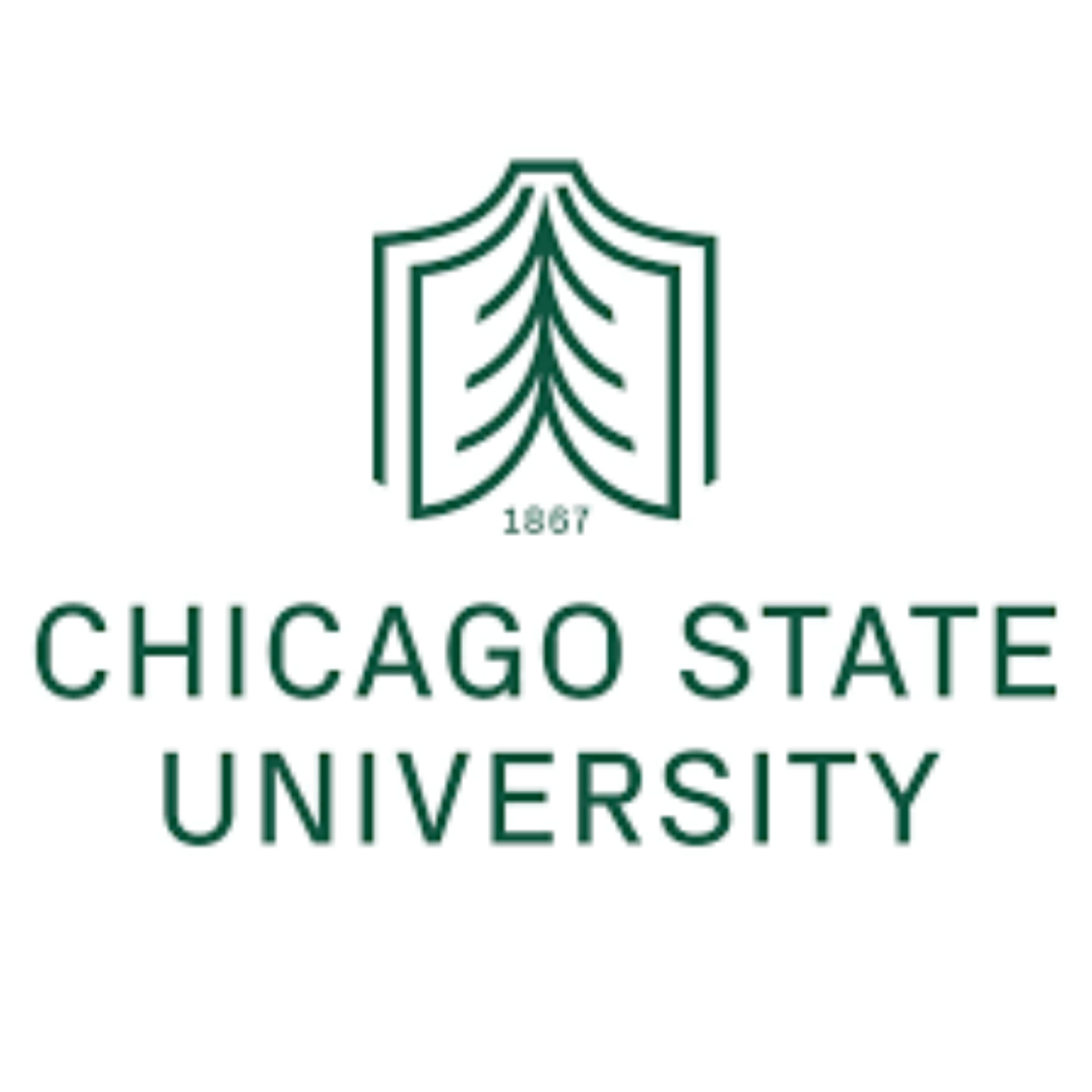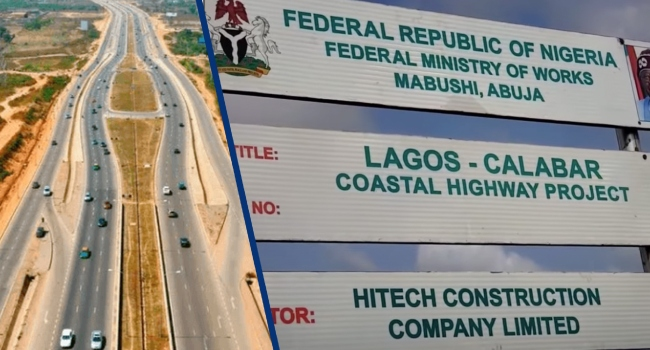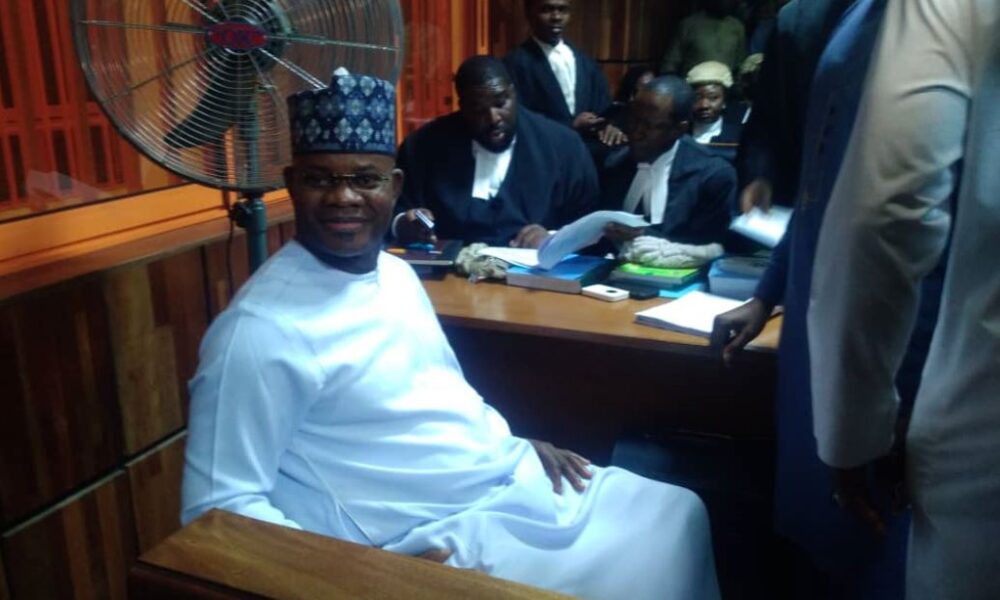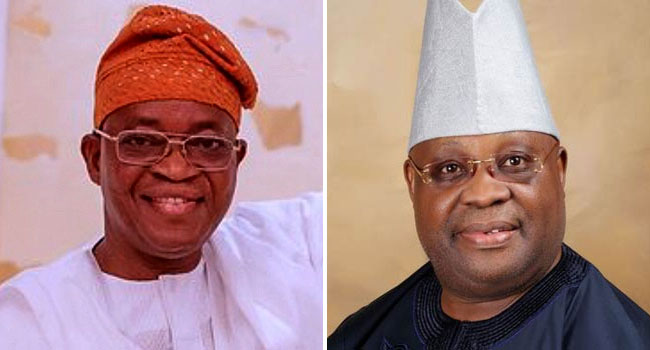The Chicago State University(CSU) that said it issued a certificate to the Nigerian president Bola Tinubu after he graduated in 1979 has indicated that it was not certain if the certificate that he submitted to the Independent National Electoral Commission (INEC) for the 2023 presidential election was genuine or not.
The university’s Counsel, Michael Hayes told the court during its hearing on Tuesday, 12 September, that the CSU could not validate whether the certificate Tinubu presented to INEC was a genuine or forged document.
“Is the diploma authentic, or is it a forgery? My client can’t answer yes to either of those questions,” Mr Hayes said at the hearing in Chicago that began at about 1:30 p.m. (local time) and lasted several hours in the lawsuit brought by Atiku Abubakar, the presidential candidate of the Peoples Democratic Party in the 2023 general election and Tinubu’s main rival.

According to the lawyer, the CSU cannot say if placed under oath, “where and how” Tinubu obtained the certificate.
“My clients just don’t know,” Hayes said on Monday, in a move that seems a possible push back from the CSU after Tinubu, during a previous sitting of the court, blamed the discrepancies on the certificates purportedly issued by the CSU on the school’s clerk.
Mr Hayes was responding to the judge’s inquiry into the school’s ability to confirm under oath that Mr Tinubu was issued the certificate he tendered to INEC in June 2022, in fulfillment of a constitutional requirement to qualify him to run for the office of the President.
It is against the Nigerian Constitution to submit forged documents to INEC.
Mr Hayes insisted that CSU records showed Mr Tinubu attended the school, but admitted there were several contradictions that the school’s administrators won’t be able to clarify under oath.
Those discrepancies include the June 22, 1977, date that Tinubu’s certificate asserts, as well as the school’s president at the time the certificate was obtained and typographical, font and header errors on the document.
However, on June 17, 2022, Tinubu submitted a certificate to INEC that was purportedly issued in 1979 and signed by Elnora Daniel, who was not yet a staff member of the CSU until 1998 – same year that Tinubu incidentally contested election as governor of Lagos State.
Ms. Daniels was said to have left the school in 2008 following a financial mismanagement scandal, or 14 years before June 2022 when CSU issued yet a fresh certificate in Tinubu’s name under subpoena from a Nigerian lawyer who had inquired about Tinubu’s education there.
These contradictions, among others, are the reasons that Atiku filed the suit to compel CSU to produce records relating to Tinubu and make its top officials available for deposition to certify the produced records.
Alexandre de Gramont, who appeared in court for Atiku, said the documents and depositions are being sought for use in the Nigerian Supreme Court, where the final battle over Tinubu’s election is now headed.
Gramont said the Nigerian Court of Appeal upheld Tinubu’s election in its September 6 ruling because the panel did not have CSU’s position on the authenticity of the certificate presented by Tinubu, and that the Supreme Court in Nigeria might be able to admit CSU’s position on the document under a special rule.
“Your Honour, we don’t know whether the Nigerian Supreme Court would be receptive to the new evidence or not, but we just want to be able to present the new evidence to them from CSU,” Mr de Gramont said.
“We already have them (the documents), what we are seeking is CSU’s authentication or their explanation for some of the discrepancies.”
The presiding judge, Jeffery Gilbert, said the court has always taken a liberal and broad view in granting similar requests under Section 1782, a statute that allows the release of documents and evidence domiciled in the U.S. to be obtained and used in a foreign proceeding.
Tinubu’s lawyers, represented via telephone conference by Christopher Carmichael, said Atiku was on a fishing expedition, noting that the previous statements of CSU to the effect that Tinubu graduated from the school were enough.
Carmichael said there was no need to produce further evidence or place the school’s officials under oath to speak to the authenticity of Tinubu’s certificate, saying the proceeding would only fuel online trolls because the Supreme Court won’t accept new evidence even if produced.
Consequently, Judge Gilbert said he would need additional time to reflect before ruling on the matter, but asked lawyers to all the parties to go through records submitted before the court and update them if necessary in the meantime.
He said a date for a final ruling or additional hearing would be communicated to the parties.




